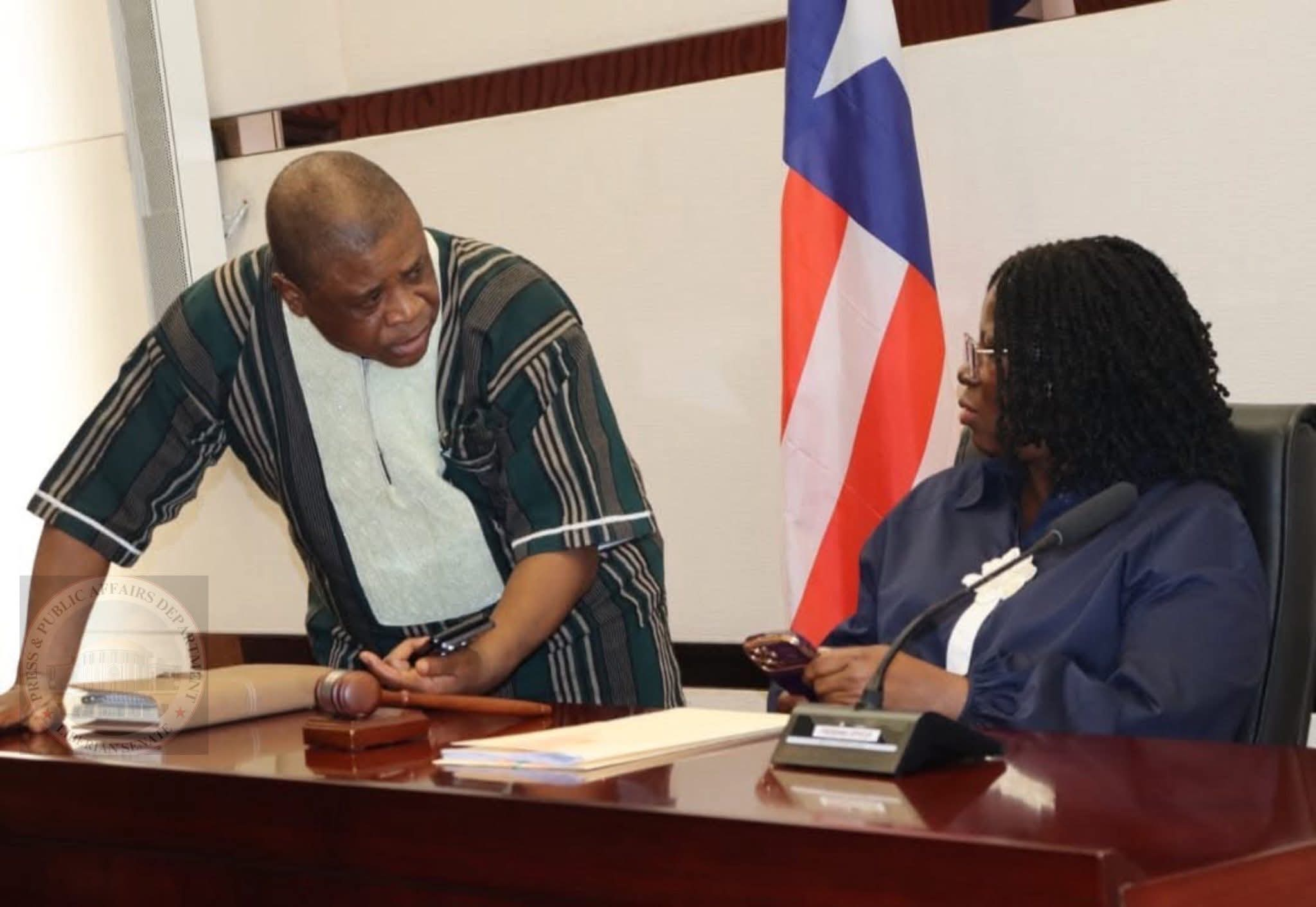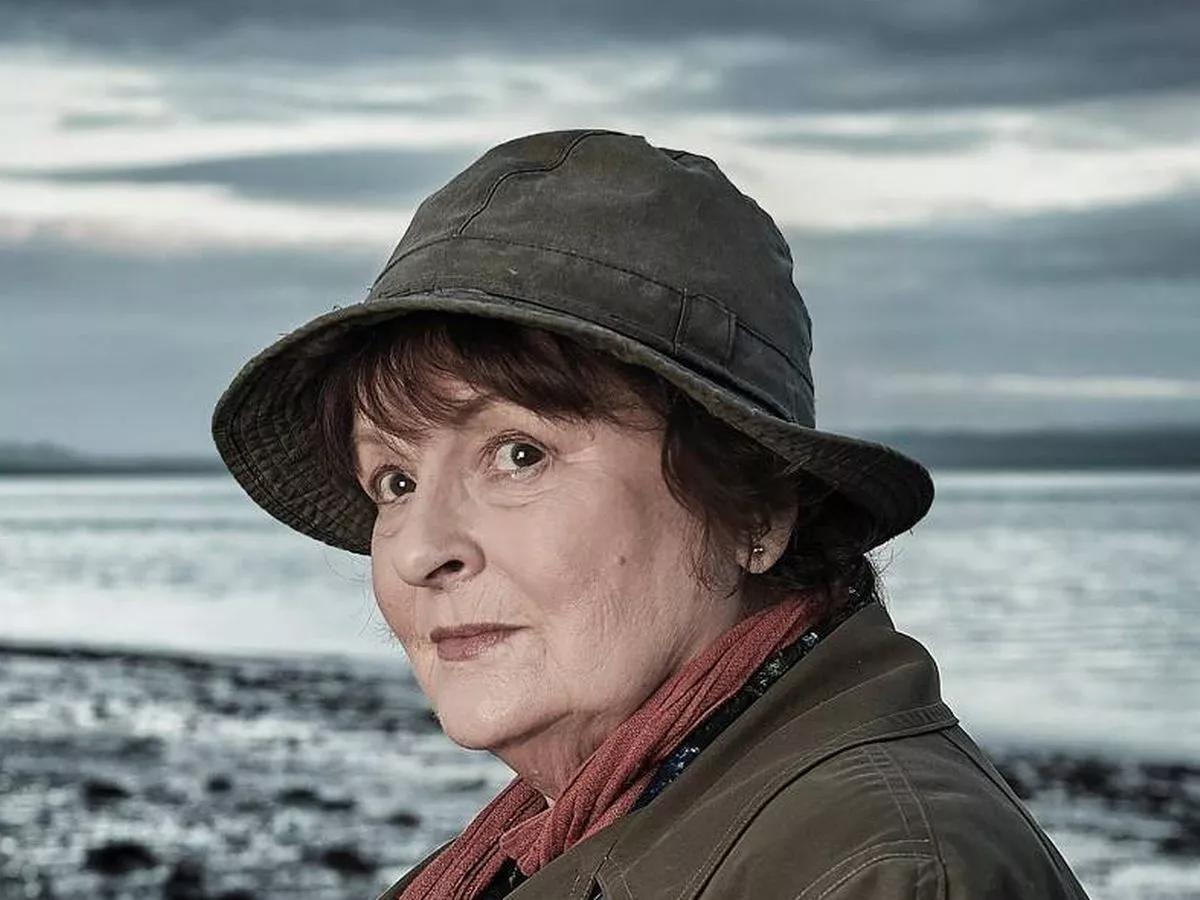Copyright thenewdawnliberia

The Liberian Senate has introduced two bills on the floor for the establishment of a War and Economic Crimes Court and a Special Economic and Corruption Crimes Court, respectively. By Lincoln G. Peters Monrovia, Liberia; October 29, 2025 - The Plenary of the Liberian Senate has taken an initial decision on two major bills sponsored by Lofa County Senator Joseph Jallah and co-sponsored by Senate Pro-Tempore and Grand Bassa County Senator Nyonblee Karngar-Lawrence to enact two major courts in Liberia. One of the bills seeks full legislative establishment of a War and Economic Crimes Court and a Special Economic and Corruption Crimes Court, respectively. These legislative proposals are grounded in Article 34 of the 1986 Constitution of Liberia, which empowers the Legislature to establish courts inferior to the Supreme Court. They also aligned Joint Resolution No. JR-001/2024, mandating the creation of two distinct judicial bodies: one to address war crimes and crimes against humanity, and the other to prosecute economic and corruption-related offenses. The bills formally submitted by the two senators, if enacted, would significantly advance justice, accountability, and national renewal, with a vision rooted in Justice and Renewal. The vision of these legislative measures is to create a Liberia where justice, accountability, and integrity are central pillars of national life. The proposed War Crimes Court seeks to address atrocities committed during Liberia's civil conflicts, ensuring that victims' voices are heard and perpetrators are held accountable in accordance with international human rights standards. Meanwhile, the Special Economic and Corruption Crimes Court aims to strengthen domestic anti-corruption mechanisms, close gaps in prosecutorial capacity, and reinforce public trust in state institutions. Together, these courts represent a forward-looking framework for building a society where impunity is replaced by justice and corruption by transparency. Senator Joseph Kpator Jallah is keen on upholding the rule of law, promoting justice, and advancing democratic accountability, as the foundation for sustained peace and national unity. His leadership emphasizes institutional reform, integrity in governance, and equitable access to justice for all Liberians. Senator Nyonblee Karnga-Lawrence's mission, on the other hand, focuses on Inclusive governance, social justice, and empowering citizens, especially women and youths, to become active participants in nation-building. Her advocacy seeks to ensure that the government remains responsive, transparent, and accountable to the people. On Tuesday, October 28, 2025, during the 46th day sitting of the second session of the Liberian Senate, the secretary of the Senate read the two major instruments at which time a decision was reached by the plenary, mandating that the communication be sent to the Committee on Judiciary for legislative and legal technicality review and later be brought back to the senate floor for debate and subsequent passage where applicable. During scrutiny, the Committee will conduct a financial-need impact assessment regarding the economic sustainability of the court by the National Budget and international partners, and by other key international and domestic criminal laws, to ensure checks and balances in implementation. However, addressing a major press conference following the second reading of the Communication, Jallah expressed appreciation and gratitude to his colleagues for the decision, while stating that the two bills will enable Liberia to address issues of war atrocities. According to him, the bill seeking the establishment of the War Crimes Court is time-bound within its proposal to the first five years. Still, depending on the court's effective operation, there can be an extension upon the Senate’s renewal. He added that the Economic and Corruption Court will be perpetual, like any other court, because it will handle corruption and economic crime. Still, he clarified that the two courts are established under the Liberian Constitution. “There have been lots of calls for the legislature to act on many instruments. Some time ago, a joint resolution was issued by the House of Representatives and the Senate regarding this subject. So, we have decided to split them into two bills, which is why we have the war crimes and economic corruption court. So, all the criminal laws on our books, laws against humanity, and international laws will be examined. The Liberian Constitution is the first law and highest to prevail, while the second is the penal, international criminal, and humanitarian law. So, when the trial goes on, you can take an appeal to the Supreme Court of Liberia, and anything it decides will be final.” He stated. Providing clarification on Executive Order #131, issued by President Joseph N. Boakai last year, establishing the Office for the establishment of the War and Economic Crimes Court, he clarified that it is a temporary law, renewable once a year. He also added that Executive Order #131 was initiated to establish the war crimes court, something he emphasized can only be done by legislation; therefore, the two bills seek to legislate the President’s dreams and ambitions to address war atrocities and corruption. ''You can't establish this court without legislation, and so, we have gone ahead to create this court with this bill we have submitted. If we get all the information we want, the legislature will have to act, and we have to act in keeping with the law to create smaller courts, and we are doing that. So, we are just working to legislate this action, he explained. He said together, their collaboration reflects a bipartisan commitment to justice and reform, uniting Liberia's leadership around a shared goal, a nation reconciled with its past and determined to secure a brighter, more accountable future. "This is a defining moment for Liberia. These bills are not about revenge; they are about restoring the dignity of our nation, healing wounds through justice, and ensuring that corruption and impunity no longer define our governance. True reconciliation must rest on accountability and the rule of law. Our people deserve a Liberia where justice serves as the foundation for peace, prosperity, and good governance." The sponsors express optimism that their colleagues in the Senate will handle these bills with the seriousness and urgency they deserve, while underscoring that establishing these courts is not a political act but a moral and constitutional responsibility and a necessary step toward consolidating peace, justice, and economic integrity. "We must build a Liberia where justice is not selective, where corruption is not a culture, and where the law serves all, not a few. History will judge us by the courage we show today to right the wrongs of yesterday, Jallah concluded. Editing by Jonathan Browne



